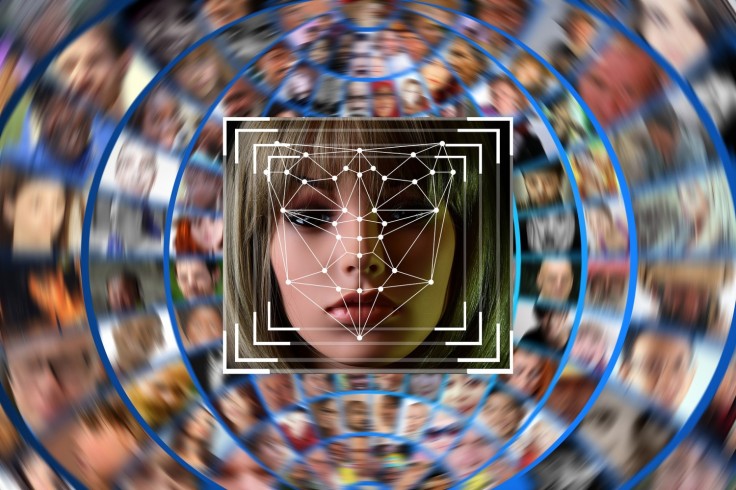Facial recognition technology has been continuously evolving in recent years. The surge of artificial intelligence has contributed to its quick progression in terms of advancement.
However, its advancements are often met with concerns, especially regarding privacy and ethical complications. On the other hand, facial recognition has a list of potential security benefits if regulated properly.

These days AI companies are keen on implementing policies that will help mitigate or prevent the misuse of their generative AI to facial recognition systems.
Not sure where you land on facial recognition? Here are some pros and cons to help you decide:
Privacy and Security
The primary concern against facial recognition technology is the possible invasion of privacy of individuals. The constant surveillance, wherein the technology could be used, raises concerns about the lessening of personal privacy and the right to anonymity.
Moreover, if the technology is not used and regulated, companies could take advantage of storing biometric data like facial images in databases. Even big tech companies are susceptible to data breaches and unauthorized access.
Most individuals would be unaware that their facial data has been collected and processed by recognition systems. Several reports have shown that algorithms could exhibit biases on certain demographic groups which could lead to discrimination.
Crime Prevention
On the other hand, advanced facial recognition technology has the potential to significantly improve security measures and prevent crimes in certain areas. Police departments and other law enforcement agencies can use the technology to quickly identify suspects, leading to fast apprehension.
These days, the technology is being used by government agencies to enhance their border control and immigration process. The facial recognition system helps them verify the travelers' identity and prevent any attempt at illegal entry to a foreign country.
Lack of Regulation
There are currently no specific regulations on facial recognition systems, making it hard for individuals and companies to fully have a common ground about its potential. Facial recognition technology has been advancing at a rapid pace which has resulted in the government's slow progress in creating regulatory frameworks.
Over the years, the technology raised complex ethical dilemmas including consent, human rights, and autonomy. The lack of clear guidelines to be followed opens a window for companies and organizations to navigate their ethical guidelines.
Personalization and Convenience
If facial recognition systems are crafted and regulated properly, they can open a range of opportunities for personalization and convenience even to private individuals. For instance, it can be used to enhance customer service as it allows businesses to accommodate properly their customers as they can analyze their facial expressions.
It can also be an efficient authentication for any digital transactions. Facial recognition can be a secure method of authenticating the legitimate owner of a device or any account, eliminating the risk of unauthorized access and breach.
Businesses can also take advantage of the analysis brought by facial recognition technology as it can simplify and streamline their operations by automating their verification processes.









